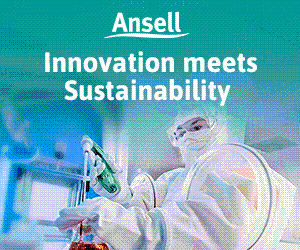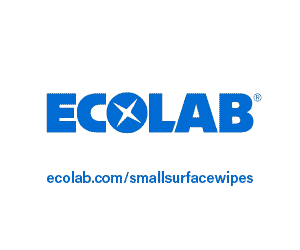Ingenics helps B. Braun plan new filter factory in Wilsdruff, Germany
The firm has taken an important step toward making an entry into the medical sector
B. Braun plans to create a new filter factory and centre of excellence/campus for the production and development of hollow fibre dialyser membranes in Germany. Ulm-based business and planning consultancy, Ingenics, was called in to help realise the best factory design concept.
To be built at the Wilsdruff site, near Dresden, B. Braun aims to have Europe's most modern production facility of dialysers for haemodialysis for use by patients with chronic kidney failure. The first dialysers from Wilsdruff are to be delivered in 2018. The plant will be the third production facility for B. Braun Avitum Saxonia in the Dresden region.
The project will include buildings for manufacturing, logistics, administration, R&D, education and training in Germany and B. Braun aims to double the production capacities in Saxony through this multi million euro contract.
Following the successful completion of a project for Aesculap (a subsidiary of B. Braun Melsungen) Ingenics was commissioned to help in the selection of the architectural design for the new production facility, which requires demanding cleanroom technology. Nine architects submitted plans for the project.
We are keen to demonstrate that our methods work well in the fields of pharmaceuticals, medical devices, etc
Already well established within the automotive sector, Ingenics has taken an important step toward making an entry into the medical sector, said Ingenics' CEO Oliver Herkommer.
'Our experience and tools for the planning and complete construction and schedule coordination through to delivery of the finished factory, mean that we can be as successful here as in the construction of an automobile factory.'
Ingenics' Project Manager Jörg Halbauer said that after completion the contents of the submissions and accompanying work was handed over to B. Braun to let all the best ideas be incorporated in the new factory concept.
He added: 'We are keen to demonstrate that our methods work well in the fields of pharmaceuticals, medical devices, etc. and the expertise with respect to the cleanroom technology should benefit us.'




